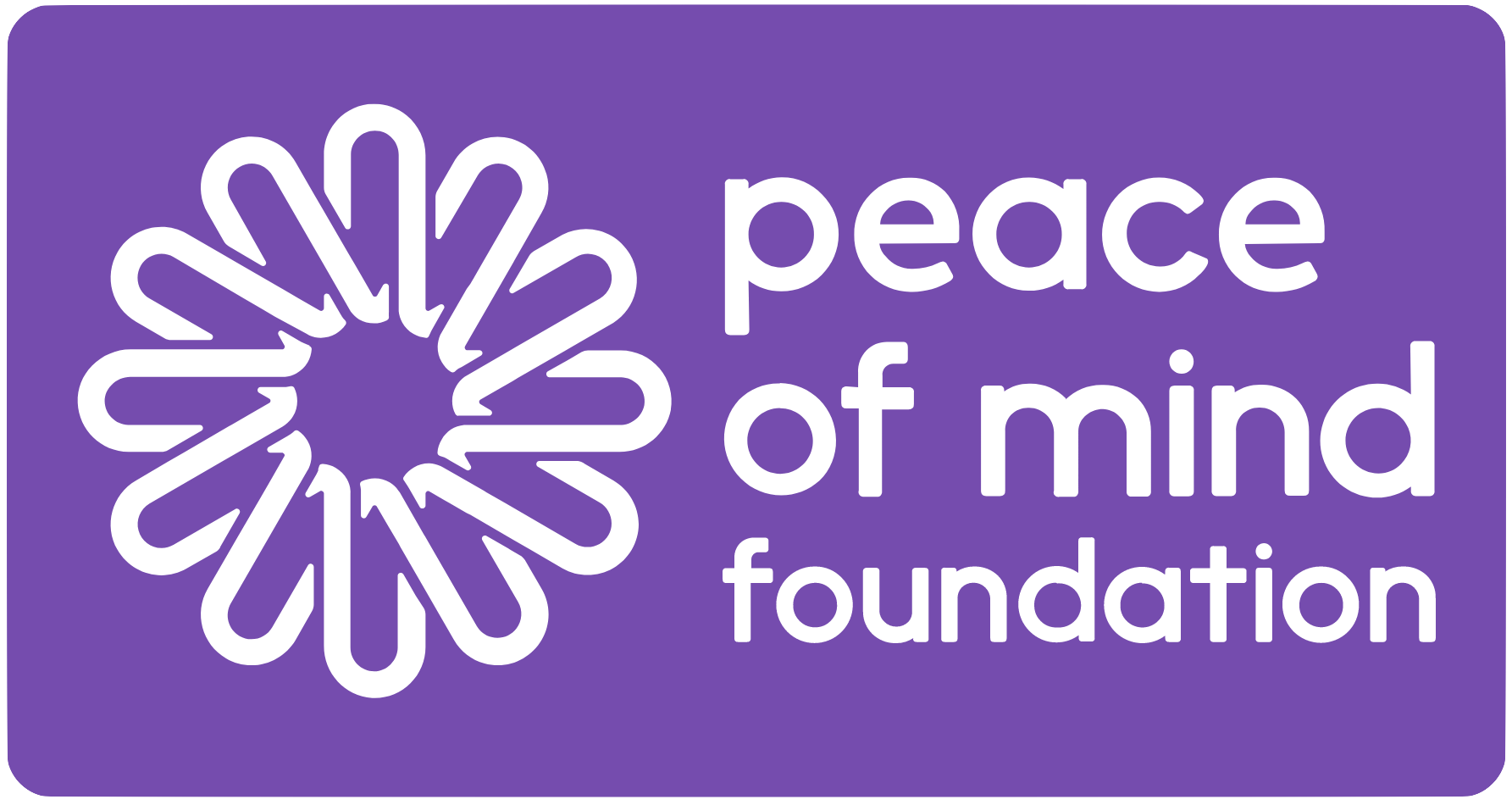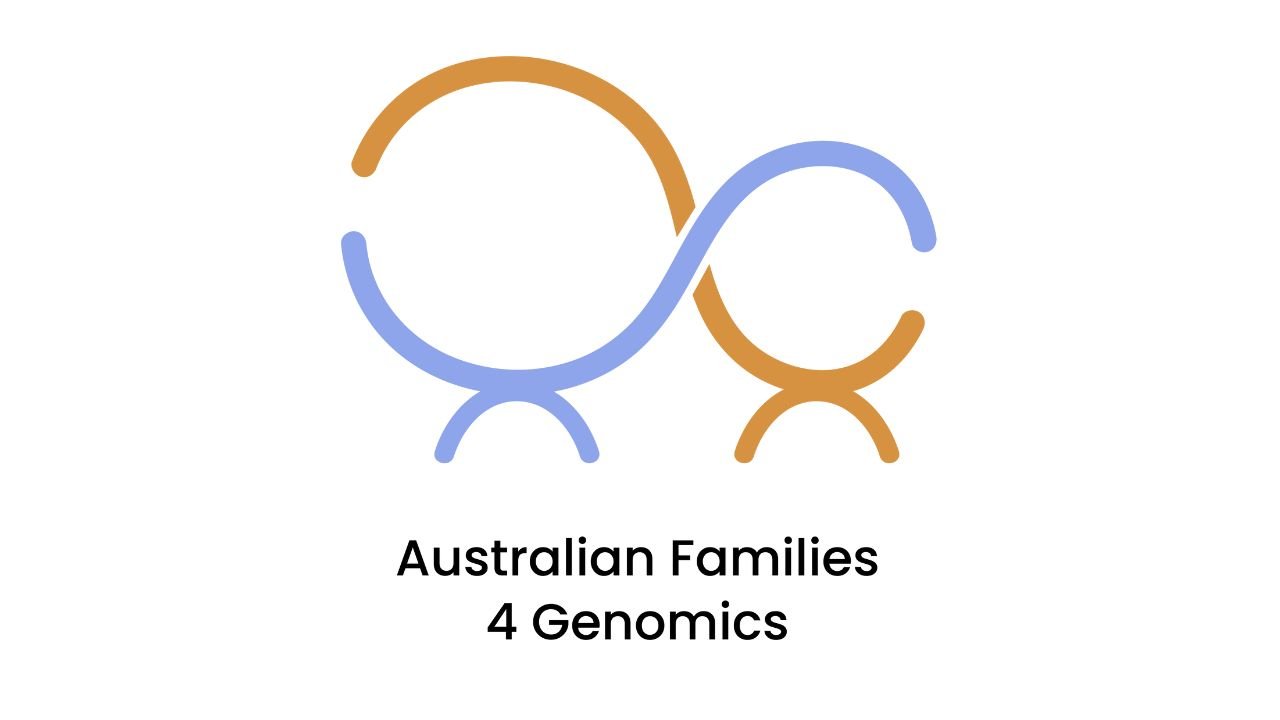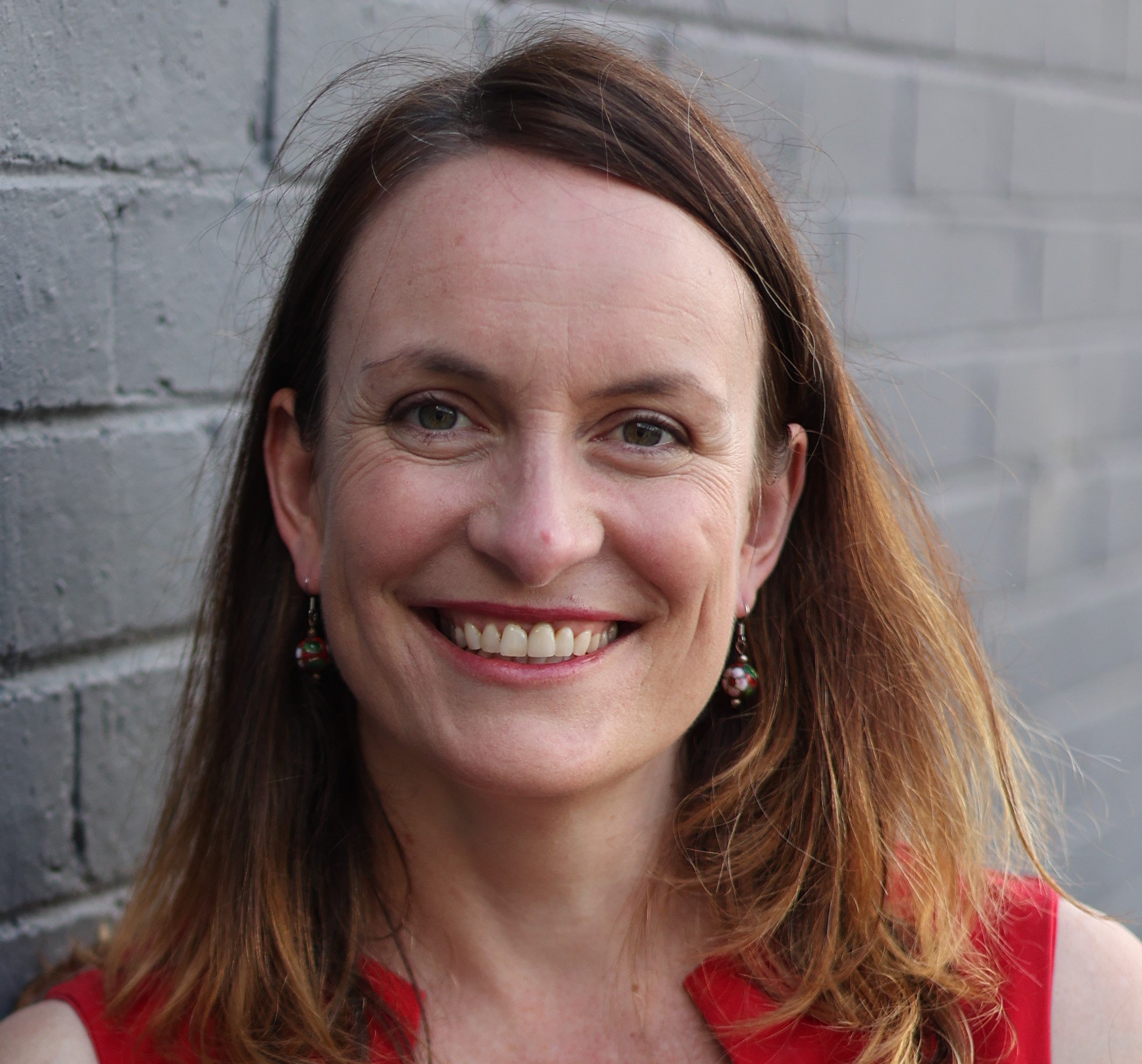Patient & Carer Community Brain Cancer Forum
Hosted by Peace of Mind Foundation - Watch the event recordings below
Special Thanks to our Showcase Partners
PalAssist - www.palassist.org.au
Cancer Council Queensland – www.cancerqld.org.au
Carers Queensland – www.carersqld.com.au
BrizBrain and Spine - www.brizbrain.com.au
BTAA – www.btaa.org.au
All in the Mind – www.allinthemindfoundation.com.au
Synapse – www.synapse.org.au
Caring for the Carer - nquiries@coh.uq.edu.au
Australian Families 4 Genomics - hazel.af4g@gmail.com
Guest Speakers
Associate Professor Mark Pinkham
A/Prof Mark Pinkham is an experienced radiation oncologist and Adjunct Professor at Queensland University of Technology (QUT), consulting at Icon Cancer Centre North Lakes and Greenslopes Private Hospital.
He is also a Senior Staff Specialist at the Gamma Knife Centre of Queensland at the Princess Alexandra Hospital where he is the Director of Radiation Oncology Research.
He has a special interest in the management of brain metastases and integrating Gamma Knife® with other treatments.
Associate Professor Kerryn Pike
Associate Professor Kerryn Pike (DPsych (Clin Neuro) MAPS FCCN is a Clinical Neuropsychologist and Associate Professor in the School of Applied Psychology at Griffith University, Gold Coast, Australia. She also holds an adjunct position at La Trobe University and works clinically in private practice.
She is one of the founders of the LaTCH memory management group program, designed to improve the everyday memory of people with mild cognitive impairment. Dr Pike is particularly interested in translating evidence-based neuropsychological interventions into clinical practice and Chairs the Australian Dementia Network (ADNET) Cognitive Interventions Working Party, as well as co-chairs the International Neuropsychological Society (INS)’s Special Interest Group on Neuropsychological Interventions.
She is leading the cognitive intervention arm of the Brain Cancer Mission Survivorship funded BRAINS program to examine the benefit of a group videoconference memory intervention for brain cancer survivors. In terms of research track record, Dr Pike has
Vivien Biggs
Neurosurgical Nurse Practitioner
Vivien Biggs is a Neurosurgical Nurse Practitioner working at BrizBrain and Spine for the last 16 years. She has over 30 years of experience working with neurosurgical patients, primarily managing neuro-oncology patients. She works in collaboration with neurosurgeons and other medical specialists, adding nursing expertise to coordinated care.
Fiona Hassmann
Peace of Mind Foundation, National Advocacy Service Manager
Fiona’s personal experience with brain cancer and the struggles associated with finding help and guidance led her to Peace of Mind Foundation. She is passionate about helping people and empowering them with guidance and encouragement throughout their brain cancer journey.
Fiona’s partner Geoff passed away from brain cancer in 2022, just a few days after her 47th birthday and in his memory, she has worked tirelessly for her clients around Australia, achieving life-changing results for brain cancer patients and their loved ones. Fiona is the Manager of Peace of Mind Foundation’s National Advocacy Service, providing practical assistance to brain cancer patients.
Jonathan Muller
Peace of Mind Foundation, Community Brain Cancer Navigator
Palliative care nurse Jonathan Muller has touched the lives of many in the brain cancer community, as the first Community Brain Cancer Navigator in Australia.
Jonathan’s role to deliver support to brain cancer patients comes with the knowledge and experience of a health professional but with the willingness of a friendly neighbour and ally to patients and their loved ones. Jonathan’s role is one where no two days are ever the same, with a focus on connection and an emphasis on empathy rather than interventions, with the goal of bringing lightness and joy in the midst of a crisis.
Dr Katarzyna Lion
Research Fellow & Project Coordinator
Kasia is a psychology researcher at Menzies Health Institute Queensland and School of Applied Psychology, Griffith University.
She has been working with people with neurological conditions and their families within clinical and research settings in Poland and now in Australia for over 10 years. Since 2021, she has coordinated the national trial of the Telehealth Making Sense of Brain Tumour Project (Tele-MAST), working closely with (and learning from) people with brain tumour, their families and supporting organisations.
In her work, she aims to improve access and quality of psychosocial care available to people with brain tumour and their families.
Stephanie Jones
Clinical Psychologist
Stephanie Jones is a registered Clinical Psychologist who works for Griffith University, School of Applied Psychology. Across her career in public health and research positions she has worked in a variety of roles including paediatrics, pain management, and injury rehabilitation (such as spinal injuries, brain injuries, and stroke).
Over the last 12 years, Stephanie’s practice has focused on working with people with Brain Tumours and their families. Stephanie’s Master’s thesis piloted a Telephone version of the Making Sense of Brain Tumour program. Stephanie was the project coordinator and primary therapist for the QLD trial of the Telehealth Making Sense of Brain Tumour Project (Tele-MAST) and one of the primary psychologists on the national Tele-MAST project.
Stephanie is passionate about working with people with brain tumours and their families.
Robyn Sloane
This time last year my life looked very different, to how it is today.
I had no health problems, and I led a very healthy active life, I organised and helped at my grandchildren’s tuck shop, and I would regularly take them to school.
In December 22 I had two falls, the second fall was the one that took me off to hospital emergency, it was discovered that I had broken my ankle.
My husband David at that time requested for the staff to do a CT scan of my head; the staff saw no need for this as it was my ankle that was broken.
David was persistent, and a scan was performed, the last thing I expected was to be told that I have a mass in my brain.
I didn’t have any other symptoms, I wasn’t feeling unwell, I didn’t have headaches, and I thought I had just misplaced my footing.
It was from then on, my world changed, and this journey began.
I was diagnosed with a Glioblastoma grade 4.
I named my tumour Watson and told my surgeon to get it out.
I have had an amazing team behind me, and I thank them all!
























